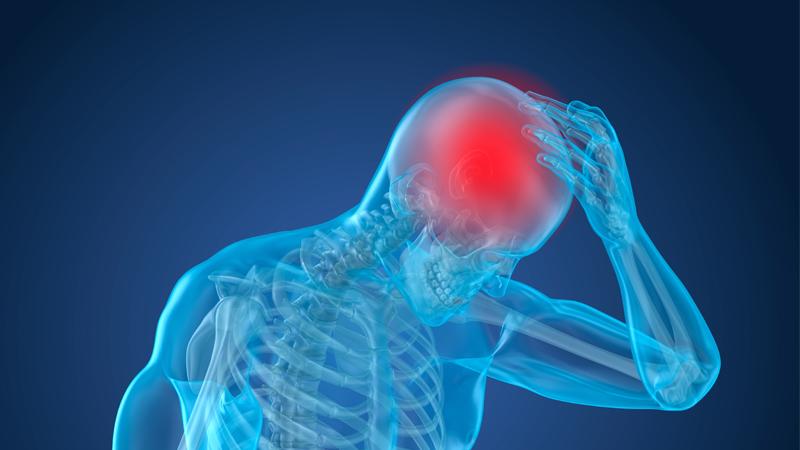John Golding, Professor of Psychology, is working on a major study alongside experts from the University of Birmingham and the Defence Medical Rehabilitation Centre, in collaboration with the Defence Medical Services. The UK consortium are carrying out a major study aimed at identifying new ways to accurately predict whether patients will develop long-term complications as a consequence of concussion.

With year one funded by the Ministry of Defence (£2m) and projected to run over eight years, the multi-faceted study will include a trial involving 400 civilians and 400 military personnel aged over 18 with a new diagnosis of concussion (also known as a mild traumatic brain injury or mTBI) which has resulted in them needing hospital treatment or rehabilitation.
At specific time intervals over two years, the participants will take part in nine different areas of research using a variety of medical techniques and assessments to establish if these can be used routinely by medics as ‘biomarkers’ to indicate prognosis and long-term impact of concussion. Medical techniques and assessments being trialled include brain imaging and function, analysis of blood and saliva samples, and headache measures, as well as mental health, vision, balance, and cognitive performance.
mTBI is common and has been declared a major global public health problem, with 1.4 million hospital visits due to head injury annually in England and Wales, 85% of which are classified as mTBI. It is also estimated that up to 9.5% of UK military personnel with a combat role are diagnosed with mTBI annually.
The research will involve Professor John Golding working on the consequences of concussion for balance and vestibular function and recovery, alongside 20 University of Birmingham experts and experts at the Defence Medical Rehabilitation Centre Stanford Hall; Aston University, Imperial College London; University of Nottingham; Royal Centre for Defence Medicine; and University Hospitals Coventry & Warwickshire.
Talking about the research, Professor John Golding said: “Traumatic brain injury or concussion is one of the most common causes of chronic disability in young adults, which can have many consequences including persistent headaches, imbalance, fatigue, memory disturbance and poorer mental health. The particular area I am working on is imbalance and vestibular disorder, and imbalance post traumatic brain injury is a key predictor of failure to return to work and reduced quality of life.
“Dizziness and vertigo are commonly associated consequences and can be equally disabling in many individuals. I am working closely with the vestibular research team at Imperial College to improve our understanding of these effects, evaluate markers to optimise prediction of clinical outcomes and to identify those factors which may improve treatments to aid recovery.”
Leo Docherty, Minister for Defence People and Veterans, added: “This is an exciting and welcome study, showcasing the best research and support that Defence can provide to ultimately improve the quality of care for both civilian patients and our serving personnel.”
Find out more about research at the University of Westminster.


